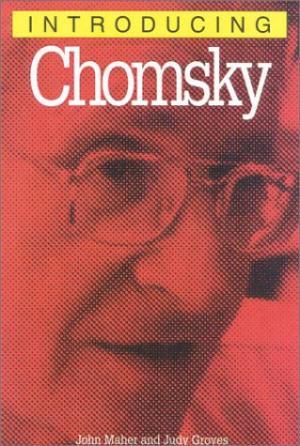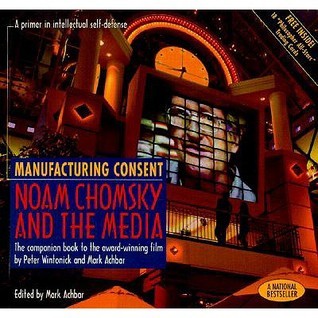
Introducing Chomsky
Book Description
What if the very fabric of language holds the key to understanding human thought and society? In "Introducing Chomsky," John Maher unveils the revolutionary ideas of Noam Chomsky, the man who reshaped linguistics and challenged conventional wisdom. Through a powerful blend of theory and real-world implications, the book reveals how Chomsky's insights transcend academia, igniting debates on politics, media, and human rights. Experience the thrill of intellectual awakening as the intricate dance of language and power unfolds. Can one man's theories change the way we see the world?
Quick Book Summary
"Introducing Chomsky" by John Maher presents an accessible and vibrant tour through the life and ideas of Noam Chomsky, one of the most influential thinkers of the 20th and 21st centuries. Combining biography, philosophy, linguistics, and politics within a graphic-narrative format, the book explores Chomsky's groundbreaking theories on language, such as universal grammar, and their profound impact on our understanding of human cognition. It connects these linguistic insights with Chomsky's radical critiques of political power structures, media manipulation, and human rights. Maher illustrates how Chomsky's work shattered conventional wisdom in multiple fields, igniting passionate debates and inspiring generations. The book demonstrates not only the theoretical significance of Chomsky's work but also the real-world implications, raising questions about freedom, democracy, and the very way we perceive reality.
Summary of Key Ideas
Table of Contents
Revolutionizing Linguistics: Universal Grammar and Innate Language
The book begins by charting Noam Chomsky’s early life and intellectual influences, painting a picture of a prodigious thinker shaped by his family’s activism and academic atmosphere. Chomsky’s childhood curiosity in language fostered his later work, and Maher illustrates how an early engagement with anarchist politics intertwined with his passion for unearthing the roots of human cognition. These foundations set Chomsky on a path to revolutionize not just linguistics but also societal critiques, highlighting the powerful relationship between thought and communication.
Language as a Window into Human Nature
At the heart of Chomsky’s contribution is the theory of universal grammar. Maher explains how Chomsky challenged the tabula rasa view, positing that humans possess an innate capacity for language—a mental template that exists prior to experience. Through clear diagrams and metaphors, the book breaks down how this universal grammar guides language development in children and provided the framework for a scientific study of language. This proposition fundamentally shifted linguistics, suggesting that understanding language could unlock secrets about the human brain itself.
Chomsky's Critique of Media and Political Power
Moving beyond pure linguistics, the narrative explores Chomsky’s foray into politics. Using his analytical tools, Chomsky dismantled mainstream accounts of power, media, and propaganda. Maher elucidates Chomsky’s famous “manufacturing consent” thesis, showing how media institutions construct public opinion and perpetuate elite interests. The book demonstrates Chomsky’s approach of uncovering hidden structures—whether in sentences or societies—and argues language is not merely a medium of communication but also of control.
The Intersection of Language and Politics
The text also addresses the intersection between language, freedom, and human rights. Chomsky’s activism is presented as inseparable from his academic work; his idea that true democracy depends upon accessible, honest information. Maher illustrates how Chomsky’s critiques of American foreign policy, media distortion, and the abuse of power are grounded in his linguistic theories. The book encourages readers to question the narratives they receive and to appreciate the power of language as both a tool for liberation and domination.
Lasting Impact and Ongoing Debates
In its conclusion, "Introducing Chomsky" reflects on the enduring significance of Chomsky’s ideas. Maher presents how Chomsky’s theories continue to provoke debate—not just among linguists, but also philosophers, political scientists, and activists worldwide. By linking the scientific exploration of language to questions of ethics and society, the book underscores Chomsky’s lasting influence and challenges us to reconsider the connections between language, thought, and power in shaping our world.
Download This Summary
Get a free PDF of this summary instantly — no email required.





